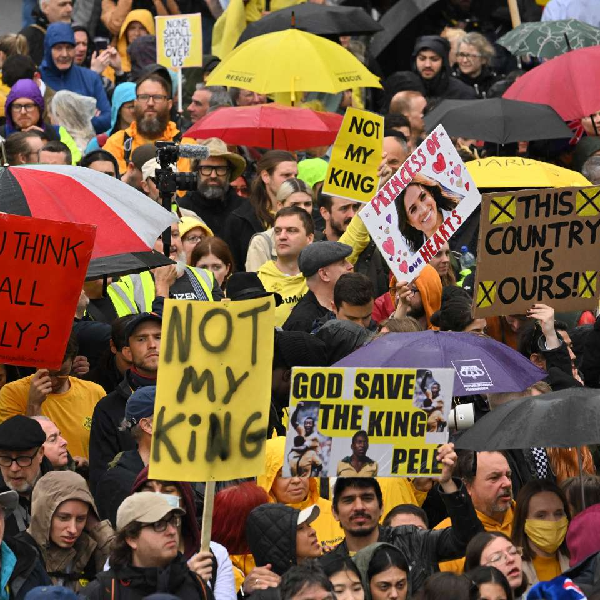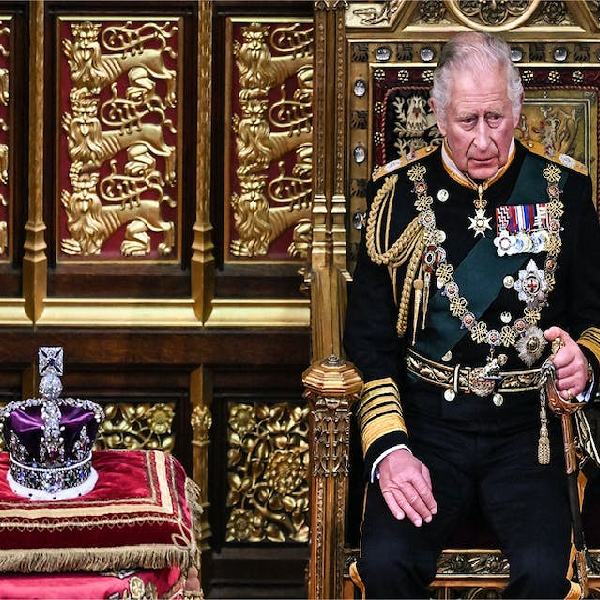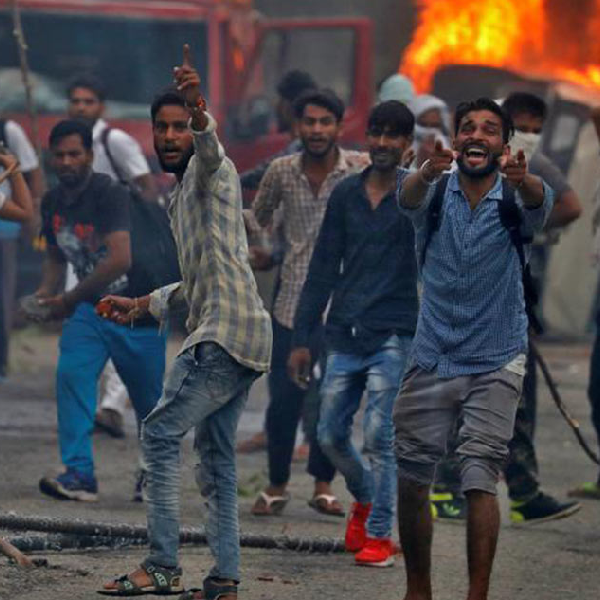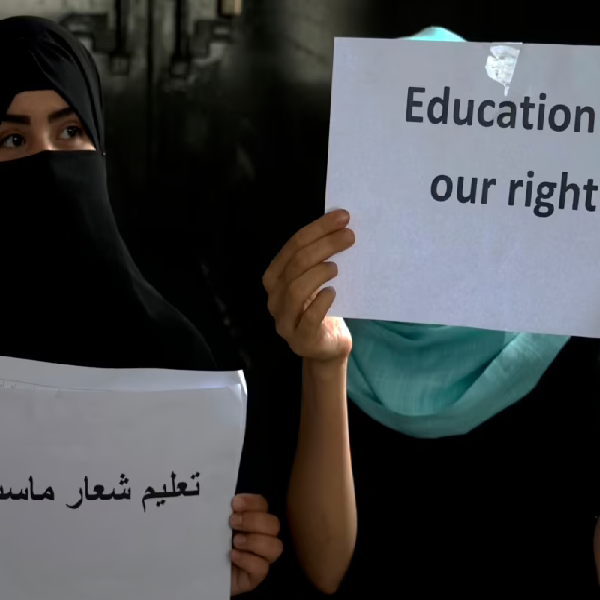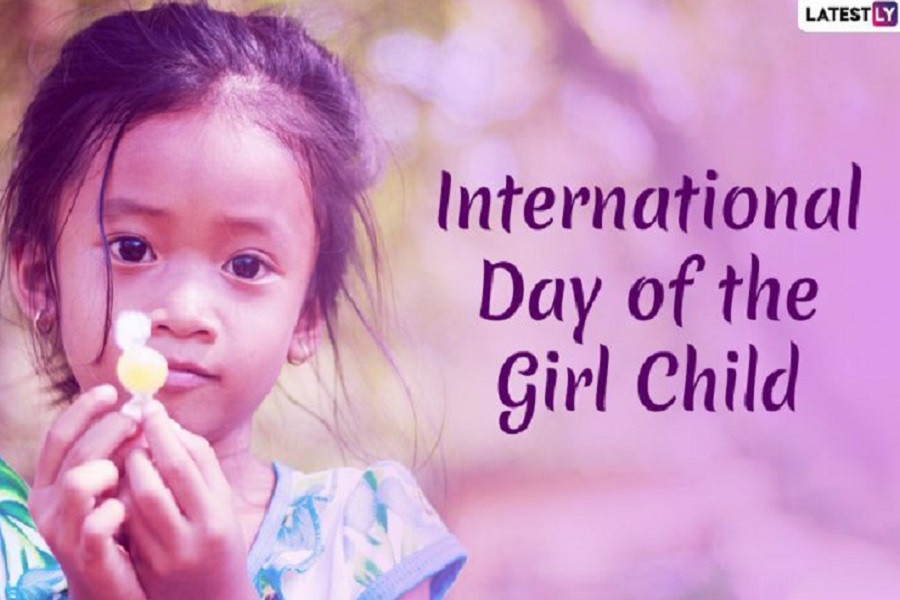
This theme calls for the need to address issues related to sexual violence, access to health and poverty and also to create new avenues to make positive changes in the world. However, the statistics prove that gender-based discrimination against girl children is still a pressing issue.
As we commemorate the 25th year since the affirmation of the Beijing Declaration and Platform for Action – a blueprint to ensure reproductive and health rights of women and girl children – there is a necessity to reflect on the progress that we have made and also the achievements that are yet to be fulfilled.
According to the World Health Organization (WHO), each year 12 million girls are married before the age of 18. It also states that one in five girls have experienced sexual violence. WHO sources also state that in developing regions, approximately 12 million girls aged 15–19 years and at least 777,000 girls under 15 years give birth each year; In Eastern and Southern Africa, nearly 80% of new HIV infections among adolescents are among girls.
While these statistics point to why we should be working towards ensuring better living conditions for girl children worldwide – it cannot be denied that they are also alarming. Not long ago it was reported that “Sri Lanka is facing a nationwide case of child abuse.” (Source – Daily Mirror)
Should we not start from teaching the girls to speak up?
It is undeniable that girl children face distinct challenges in respect of their reproductive health and rights and that they are the experts in voicing out the concerns that they face. The necessity to underline the theme of 2020, “My voice, Our Equal Future” arises in this context, solely because we should teach our girls to raise their voice against injustices. The ‘voice’ here conveys something more that the literal voice of the girl child, but if a culture teaches its young girls that they are for the beauty, and the boy are the ones who should do the talking (කට ඇති පුතෙක්, රුව ඇති දුවක්) should we not start from teaching the girls to speak up?
A concern that stays in the centre of attention in debates and discussions on international women’s day is the involvement of women in politics and workforce. It should be borne in mind that it is a girl child who would grow up to be a grown woman. If we silence her from the beginning, what we are producing for the future world is a woman who is confined to the walls of her own mind, telling her that she is inferior to men. The importance of coupling ‘an equal future’ with ‘the voice’ of the girl child can be highlighted in this context – the amplified voice of the girl child paves the way for an equal future.
Many of the participants saw male genitalia for the first time as an adolescent when they were being harassed!
In a study that was done by this writer in 2019 on gender-based violence in public transport, all the participants revealed that their first experience of harassment was when they were adolescents; all of them are women. None of them were able to report to the police regarding their harassment; the highest form of justice that they sought was when they quietly said to the person next to them that they are being harassed.
Many of the participants saw male genitalia for the first time as an adolescent when they were being harassed. A main reason for not speaking up was the fear of it getting backfired – many of them feared about how they would eventually be perceived – as a young girl who has already had an experience of an act of sexual nature. This is a powerful reiteration of the necessity to teach ‘consent education’ from a young age. While the circumstances pertaining to sexual violence in public transport are such, we are still debating whether we should teach sex education for children.
As a society, we have failed at protecting our young women, because we prioritize the reputation, and the fear of how we would be perceived by others over the safety of our children. When would we be able to teach our young girls that virginity is a patriarchal social construct, and that ‘sex education’ is for their own safety? Why do we still teach our young women that some acts are “lady-like” and some are “unlady-like” when they are being harassed in broad daylight?
The need to view the issues of girl children through an intersectional lens requires to be underlined – the case that was discussed – gender-based violence in public transport – is only an ounce of a myriad of concerns. Girl children’s voices must be heard through the intersections of poverty, ethnic and religious identities, and also gender identities.
Isurinie A. Mallawaarachchi is a university lecturer and a researcher with a journalistic background. Her research sits at the intersections of gender and gender-based violence.
